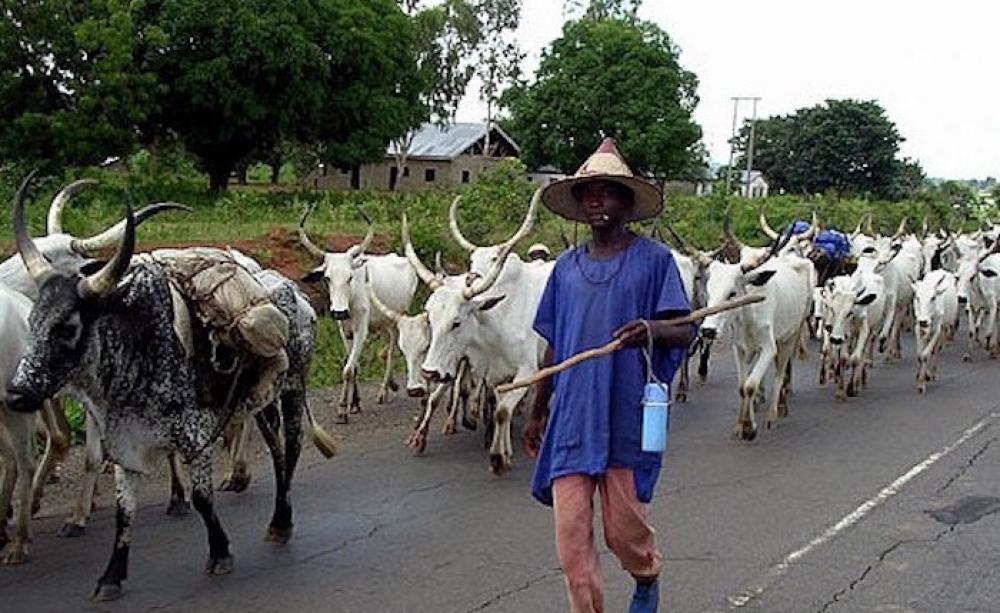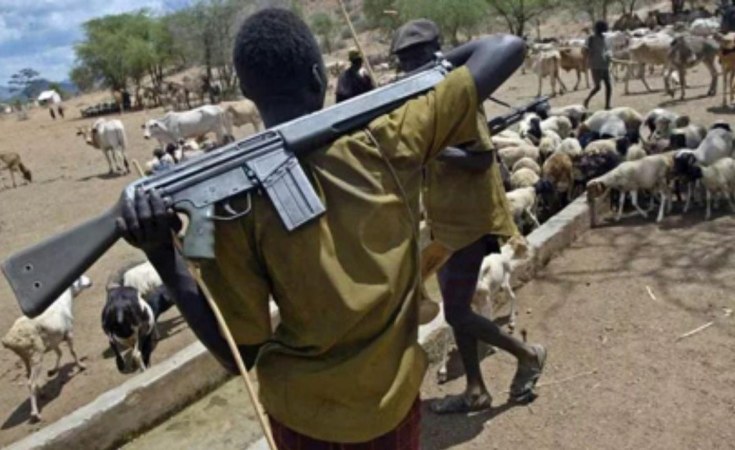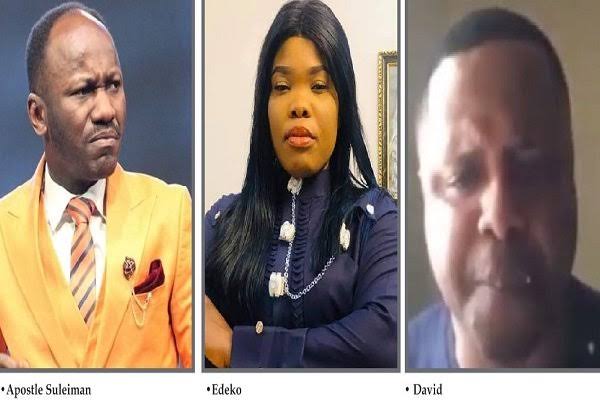..Say’s only 107 original Fulani indigenes
By Gabriel Udeh, Kaduna
Fulani leaders at Ladduga Grazing Reserve in Kachia Local Government Area of Kaduna State have debunked some social media reports that four thousand Fulani herdsmen have relocated to grazing reserve, saying those relocated were only 107.
This was made known by some Fulani leaders in collaboration with stakeholders including peace builders and Journalists who visited some of the new settlement of migrant Fulanis affected by the quit notice issued in Oyo state and some states in the south as well as the recent attacks that ensued in the South west.
During interaction, with some Journalists as well as other stakeholders on a one day visit with the Fulanis that arrived Ladduga community in Kaduna State from the south, it was said that only 107 of the original Fulani arrived Kaduna with their family members after spending days trekking in the forest
Speaking, Ardo Goge, who is one of the leader of the Fulanis at Ladduga Grazing Reserve told Journalists shortly after taking them to visit the four new settlements from oyo, said all the 107 Fulanis relocated from Oyo State to Ladduga Grazing Reserve are herders.
He said they were initially in the Ladduga community some years ago, but left the area some eight years back to the south in order to find grazing sites for their animals but are now back.
He explained that they are peace loving herders and have a good record of promoting peaceful co-existance even before they left ladduga community to the south, adding that no herder arrived ladduga community without their knowledge.
He challenged any Journalists and NGOs that said, he saw over 4000 herdmens that arrived ladduga to come and show them the fulanis that arrived the community.
.
“We visited all the new settlement with the Journalists and other stakeholders so as to debunk the report on social media that is saying, there are over 4,000 IDPs in the state that were relocated from south with such a huge numbers”
“These herdsmen are our own people, and we have been living with them in peace and harmony for many years before they migrated to the south and now they are back due to threats of attack”
“They are not foreigners, they are Kaduna State indigenes, it’s the crisis that brought them back.
“We have given them places to stay ,and clear the bush to build new home with their families ,but they lack many things like social aminities clothes,food ,as they came into the state without their normal cows and other animals we used to see them with:
“We debunk the statement that said there are over 4000 herdsmen in our community, and we want the media to always cross check their fact before posting their news to avoid unnecessary suspicious, he said.
Similarly, Dr Saleh Momale who is the former Permanent Secretary of Kaduna State Peace Commission and a Senior Lecturer at Bayero University Kano State, who is also a resident in the community that took part in the fact finding mission at Ladduga Community said “We are here to access the authenticity of the information about the figure and the real number of herdsmen and their family that arrived in the community last week.
“lt has come to our notice that there were some report in the media pointing that over 4000 fulanis herdsmen and their family that arrived at ladduga community community,” he said.
He said that from the facts and figures on ground, they only received the report of 107 Fulani migrants from the south who were originally Fulanis from the area that came back home,
According to him, some of the Fulani herdsmen that came back complaint of lack of clothings to protect them from the excruciating cold as well as food and shelter.
They also said some of there cattle had been taken to some neighbouring countries like Benin-Republic for grazing, but they lost there houses as well as domestic animals like goats and chicken and other items which include beds and matrasses.
One of the female refugee at the settlement Hajiza Musa from one the new settlement narrated how she missed all her animals due to fear of attack from youth in the community.





